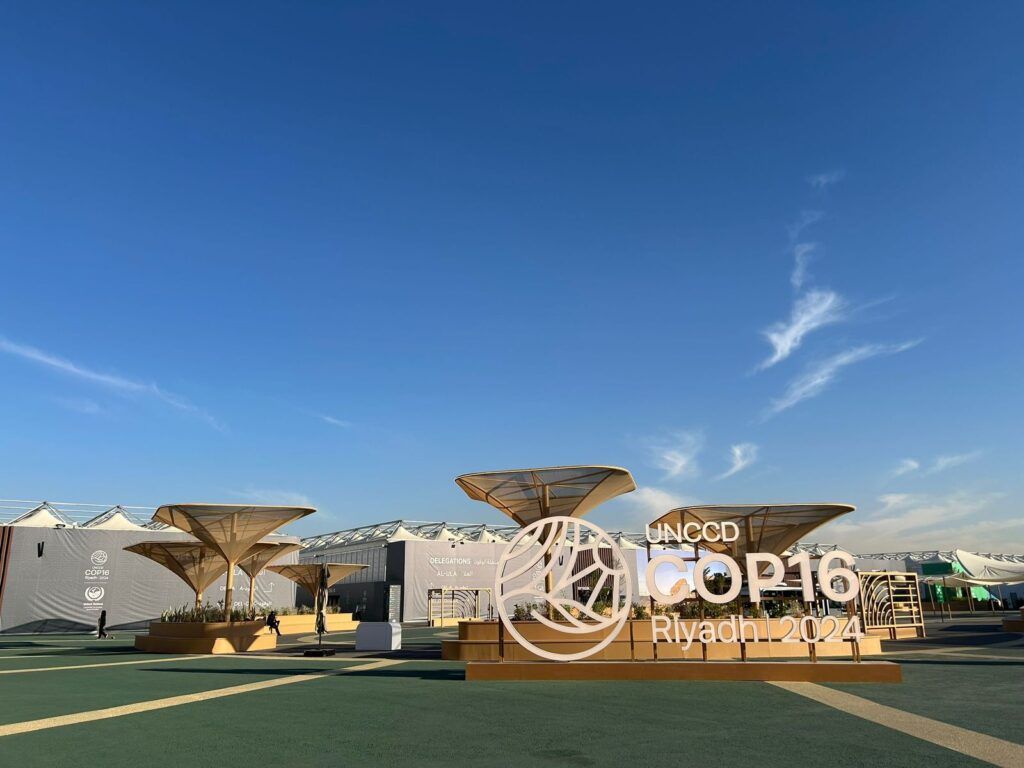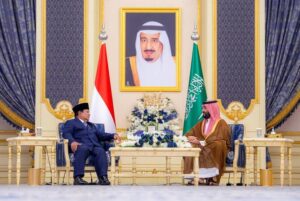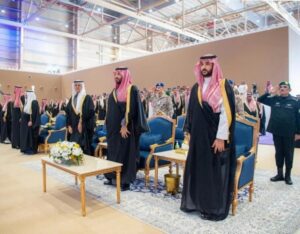Mr. Qaiser Nawab Proposes Global Food Resilience Alliance at COP16 Panel Discussion

Riyadh, The Gulf Observer: Qaiser Nawab, President of the Belt and Road Initiative for Sustainable Development (BRISD), participated as a distinguished panelist in the session titled “Enhance Soil Biodiversity for Better Food Security through Organic Crop Rotation and Biofertilizers” at the Blue Zone, COP16 in Riyadh, Saudi Arabia.
The session, moderated by Cataleya Han, an influential advocate for climate action and sustainable development, gathered global leaders and experts to address the critical challenges of soil biodiversity loss and food security in the face of climate change. Cataleya’s diverse roles, including as World Bank MTE Climate Ambassador and Secretary of International Partnerships and Policy Advocacy for the BRICS Youth Energy Agency, emphasized the significance of cross-disciplinary collaboration in advancing Agenda 2030 and the Paris Agreement goals.
The session featured a keynote speech by Hani Badahdah, CEO of Eco Code, who highlighted the urgent need to prioritize soil biodiversity conservation globally. Badahdah outlined Eco Code’s mission to enhance inter-state cooperation and cross-sectoral collaboration, especially in the MENA region, where soil salinity and biodiversity loss pose severe socio-economic threats.
Qaiser Nawab’s participation in the panel discussion underscored the essential role of multilateral partnerships in addressing food security challenges. In response to questions about prioritizing food security, Nawab noted, “Food security is the foundation of peace, stability, and prosperity. Multilateral partnerships enable us to pool resources, share expertise, and address challenges like soil degradation and climate change, ensuring resilience across borders.”
He also emphasized strategies for building resilience to geopolitical fluctuations, including supporting farmers with innovative practices like organic crop rotation, biofertilizers, and water-efficient irrigation. Nawab called on governments to invest in agricultural policies and infrastructure while urging the public to advocate for fair trade and reduce food waste.
Mr. Nawab proposed the establishment of a Global Food Resilience Alliance with the aim to:
- Share sustainable farming practices and innovative technologies.
- Develop regional food reserves to mitigate supply chain disruptions.
- Establish a global monitoring system for soil biodiversity and climate-resilient agriculture.
- Mobilize financing for smallholder farmers and women-led agricultural initiatives.
This alliance would ensure that developing nations, particularly net food importers, are not left behind in the global food supply chain,” Mr. Nawab emphasized, calling for a unified approach to address global food challenges.
As the session concluded, Mr. Nawab extended his heartfelt wishes to his fellow panelists and audience members from Kenya, celebrating their Independence Day. He also recognized the UN International Day of Mountains, sharing the critical statistic that 15% of the global population resides in mountainous regions, underscoring the need to protect these vital ecosystems and their communities.
The session also featured insights from other experts, including:
- Siddesh Sakore, UNCCD Land Hero, showcasing land restoration practices.
- Vikrant Srivastava, FAO/WFF Youth Policy Board Member and Co-Founder of Lead for Earth, emphasizing grassroots action.
- Alphonce Muia, UNEP Youth Representative, highlighting youth-led biodiversity initiatives.
Qaiser Nawab’s forward-thinking contributions and emphasis on inclusivity reaffirm BRISD’s commitment to global sustainability and resilience, paving the way for actionable solutions that prioritize food security, biodiversity, and equitable development.


